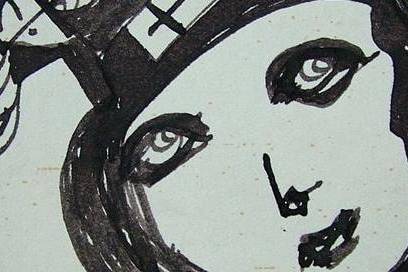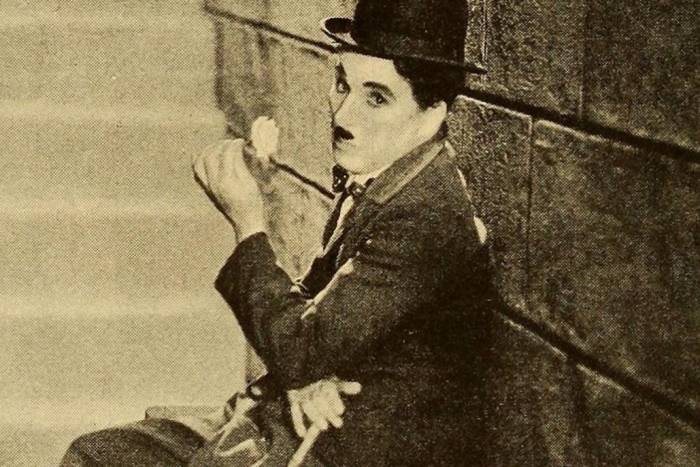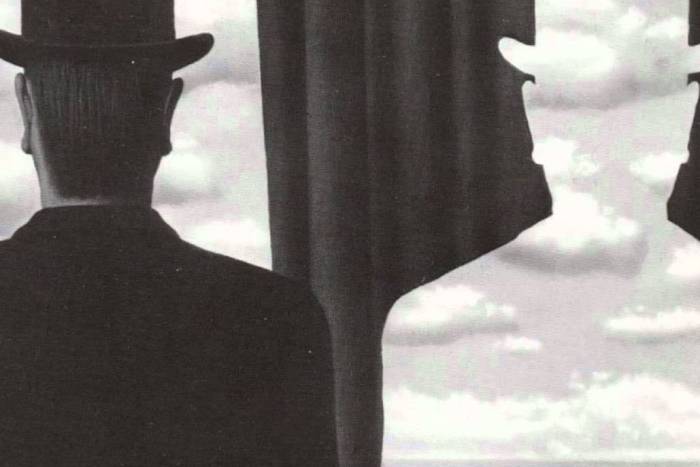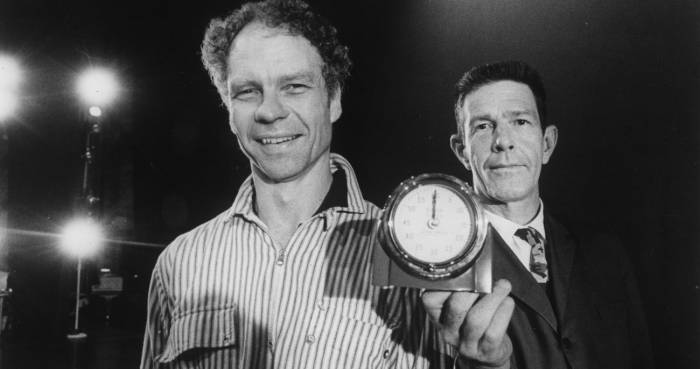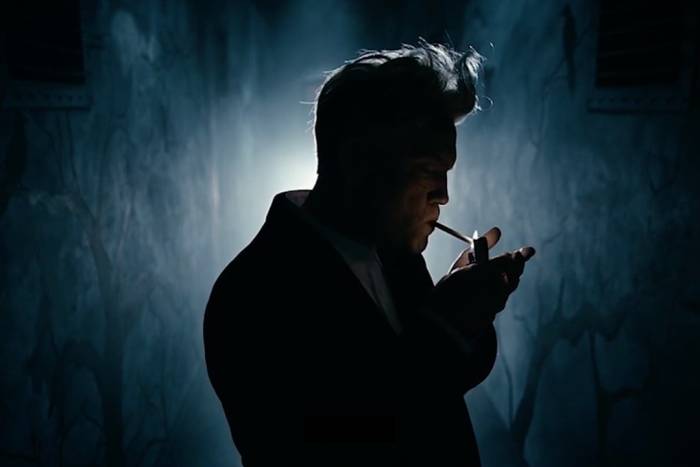Do You Hate Being Politically Correct? Žižek Too, and These Are His Arguments (Video)
Although for many it is difficult to perceive, being politically correct leaves a controversial cultural impression.
Political correctness is a trend of social behavior that in recent decades has strengthened to become part of our daily life. Partly with the aim of eradicating practices such as discrimination and racism, public language began to shed potentially offensive terms. A well-known example is “people with different capabilities,” an expression used to substitute the terms ‘invalid’, ‘disabled’ and other words that until not long ago were used frequently as the briefest synonyms of that condition. However, that very example shows how political correctness can easily flirt with the absurd.
In a controversial video published recently on the website Big Think, Slovenian philosopher Slavoj Žižek talks about political correctness and the main reasons why it is “a more dangerous form of totalitarianism,” as, although it may not seem so at first sight, its practice conceals the relationships of power and even makes them impenetrable. Žižek begins by talking of the example of the boss-employee relationship that is currently sweetened by friendship and apparent proximity (in contrast with the old-fashioned hierarchical relationship that was cold and distant). For Žižek, with a boss who also appears to be a friend of his or her subordinates, the possibility of rebelling and disobeying is almost eliminated and is seen as a lack of education.
But this is the simplest example. Faithful to his heterodoxy and irreverence, Žižek tells some anecdotes with which he seeks to demonstrate that a certain level of obscenity is necessary to create a more intimate link between people. On various occasions the philosopher mocked a deaf-mute, a couple of blacks and a Native American, and in all of those cases, in contrary to what a politically correct discourse would assume, he ended up making friends with those people. Because, as the philosopher says, the paradox of the politically correct is that it keeps us at an aseptic level in our relationships with other people, while with obscenity we are mutually fouled, as it allows us to “have real contact with another.”
This aversion to political correctness is critical in at least one sense. It attempts to go beyond the simple reluctance to point out the short circuit in its nucleus that prevents it complying with its supposed purpose. What is that? That perhaps by being politically correct we are not reproducing racism, but there is a good possibility that we are reproducing the social conditions for which it still exists in our era.
Related Articles
Pictorial spiritism (a woman's drawings guided by a spirit)
There are numerous examples in the history of self-taught artists which suggest an interrogation of that which we take for granted within the universe of art. Such was the case with figures like
Astounding fairytale illustrations from Japan
Fairy tales tribal stories— are more than childish tales. Such fictions, the characters of which inhabit our earliest memories, aren’t just literary works with an aesthetic and pleasant purpose. They
A cinematic poem and an ode to water: its rhythms, shapes and textures
Here lies One Whose Name was writ in Water. - John Keats Without water the equation of life, at least life as we know it, would be impossible. A growing hypothesis holds that water, including the
Watch beauty unfold through science in this "ode to a flower" (video)
The study of the microscopic is one of the richest, most aesthetic methods of understanding the world. Lucky is the scientist who, upon seeing something beautiful, is able to see all of the tiny
To invent those we love or to see them as they are? Love in two of the movies' favorite scenes
So much has been said already, of “love” that it’s difficult to add anything, much less something new. It’s possible, though, perhaps because even if you try to pass through the sieve of all our
This app allows you to find and preserve ancient typographies
Most people, even those who are far removed from the world of design, are familiar with some type of typography and its ability to transform any text, help out dyslexics or stretch an eight page paper
The secrets of the mind-body connection
For decades medical research has recognized the existence of the placebo effect — in which the assumption that a medication will help produces actual physical improvements. In addition to this, a
The sea as infinite laboratory
Much of our thinking on the shape of the world and the universe derives from the way scientists and artists have approached these topics over time. Our fascination with the mysteries of the
Sharing and collaborating - natural movements of the creative being
We might sometimes think that artistic or creative activity is, in essence, individualistic. The Genesis of Judeo-Christian tradition portrays a God whose decision to create the world is as vehement
John Malkovich becomes David Lynch (and other characters)
John Malkovich and David Lynch are, respectively, the actor and film director who’ve implicitly or explicitly addressed the issues of identity and its porous barriers through numerous projects. Now

